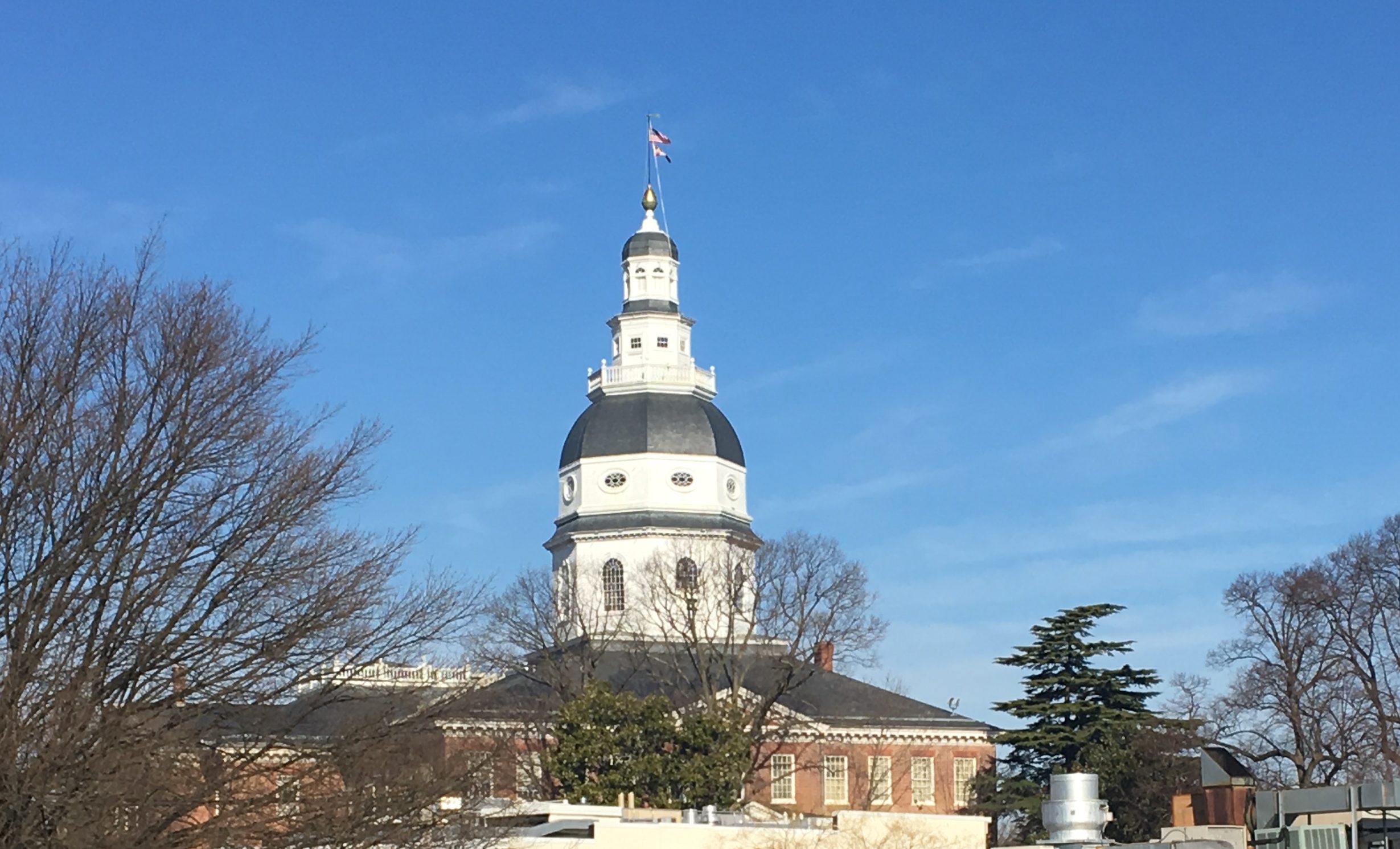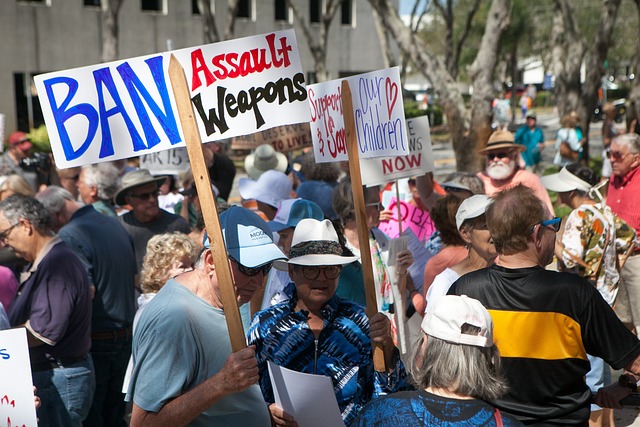New calls by Biden, Democrats for assault weapons ban face familiar foe: most of GOP
“There’s very little chance of any movement in the House. I don’t want to say never, because you never say never,” Tanya Schardt, senior counsel and director of state and federal policy at the Brady Campaign, told Capital News Service.
Sen. John Cornyn, R-Texas, who was involved in a bipartisan gun safety bill that became law last year, saw no appetite among GOP lawmakers to do more.
“I’d be surprised if the House would be willing to take something up,” Cornyn said on NBC last month after two mass shootings in California.
Gun violence is an epidemic in the United States. And 63 percent of Americans are dissatisfied with the nation’s gun laws, according to a Gallup Poll released Wednesday. That is the highest level of public disapproval in the 23 years the poll has tracked the issue.
The Michigan State University shooting that killed three and injured five on Feb. 13 marked the 67th mass shooting since the start of 2023, reported the Gun Violence Archive, an independent data collection organization.
The shooting occurred less than a week after President Joe Biden’s State of the Union address in which he urged: “Ban assault weapons now. Ban them now. Once and for all.”
The differences among lawmakers were on display during the week of the speech: some Republicans wore assault rifle lapel pins; some Democrats wore lapel pins saying “March for Our Lives,” produced by a gun violence survivor group of the same name.
Democrats hold a slim majority in the Senate, while Republicans have a very narrow majority in the House. Most GOP lawmakers have opposed major gun safety bills. Any gun bill would have to get the nod from the chairman of the House Judiciary Committee, Rep. Jim Jordan, R-Ohio, who is a strong opponent of an assault weapons ban.
“They’re coming for your guns,” Jordan declared during a House debate last year on an assault weapons ban measure.
In early February, House Natural Resources Committee Republicans defeated a push to explicitly ban firearms from the House floor.
“I feel I need one everywhere here. There are often times we are harassed in the hallways. We walk alone,” said Rep. Lauren Boebert, R-Colorado, during the committee meeting.
Rep. Andrew S. Clyde, R-Georgia, handed out the assault weapons lapel pins. Clyde described his motives in a tweeted video on Feb. 2, the second day of National Gun Violence Survivors’ Week.
“Well, I give it out to remind people of the Second Amendment of the Constitution and how important it is in preserving our liberties,” Clyde said.
Nevertheless, Democratic lawmakers are pressing ahead with new gun safety legislation.
In late January, Sen. Dianne Feinstein, D-California, who, with then-Sen. Biden pushed for the assault weapon ban in 1994 that expired 10 years later, sponsored a new bill to restore the ban. Among the 41 co-sponsors of the new bill are Maryland Sens. Ben Cardin and Chris Van Hollen, both Democrats.
Rep. David Cicilline, D-Rhode Island, introduced a companion version of the assault weapons ban in the House.
On Feb. 7, Cardin and Van Hollen joined 26 colleagues to re-introduce the Keep Americans Safe Act, a bill that would outlaw high-capacity magazines.
Twenty-four senators, including Cardin and Van Hollen, have co-sponsored a separate measure raising the minimum age to purchase an assault weapon from 18 to 21.
On Feb. 1, the chairman of the House Gun Violence Prevention Task Force, Rep. Mike Thompson, D-California, and Rep. Brian Fitzpatrick, R-Pennsylvania, reintroduced the Bipartisan Background Checks Act. The bill, which would establish new background checks for firearm transfers between private parties, was initially passed in the House last session but not in the Senate.
If passed, all the bills would build on historic bipartisan gun control legislation signed into law by Biden last year.
A rare moment of accord between the two parties on gun safety, the Bipartisan Safer Communities Act provides $750 million for states to enact “red flag laws” and invest in programs to expand mental health and support services in schools.
“I am absolutely certain that the law that we passed last year, the first gun safety measure passed by Congress in 30 years, is as we speak saving lives,” Sen. Chris Murphy, D-Connecticut, said earlier this month on MSNBC.
On Tuesday, the Justice Department announced over $200 million to be sent out to help administer “red-flag laws” and other crisis-related services authorized by the act. Maryland will receive $5.12 million.

Capital News Service is a student-powered news organization run by the University of Maryland Philip Merrill College of Journalism. With bureaus in Annapolis and Washington run by professional journalists with decades of experience, they deliver news in multiple formats via partner news organizations and a destination Website.

